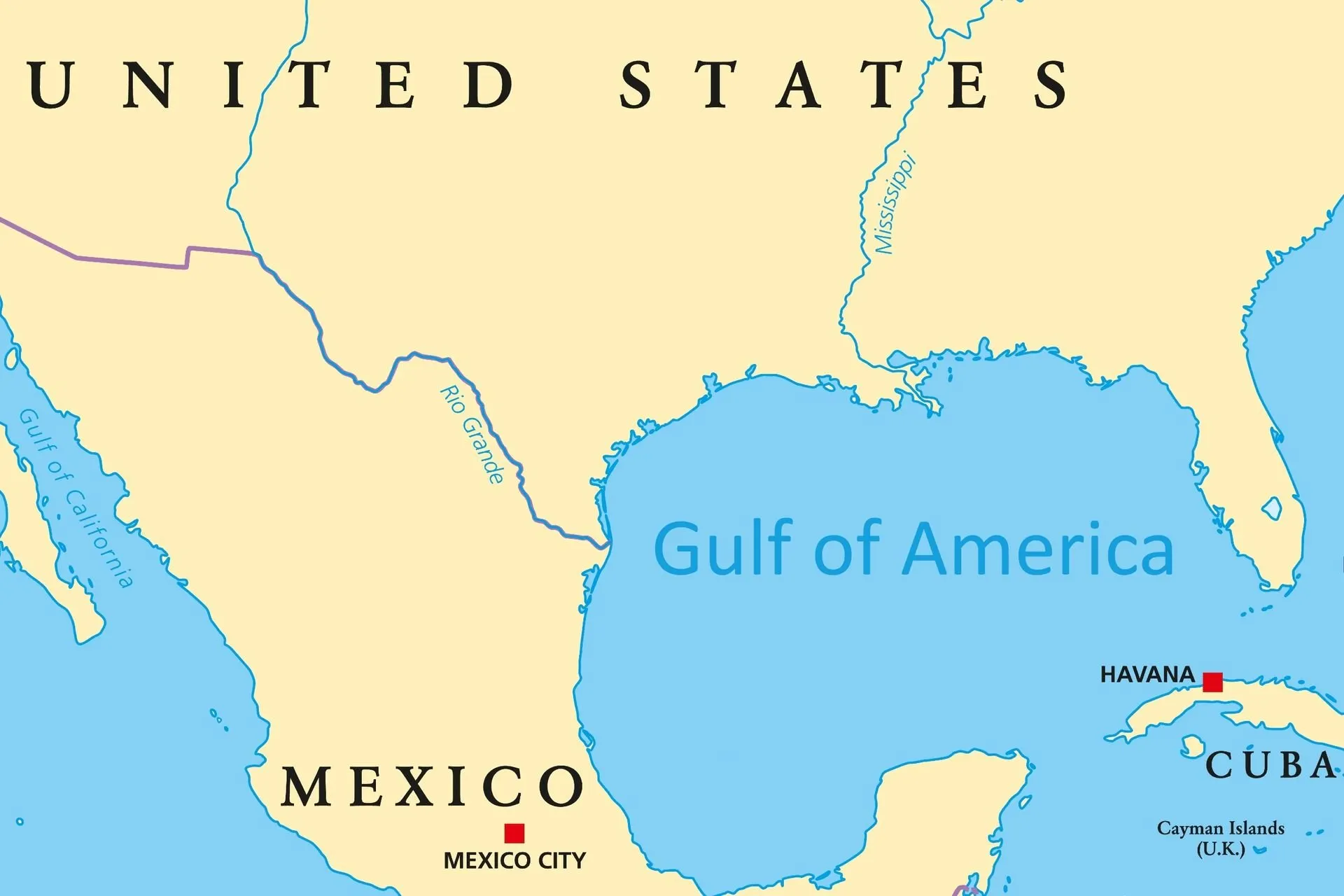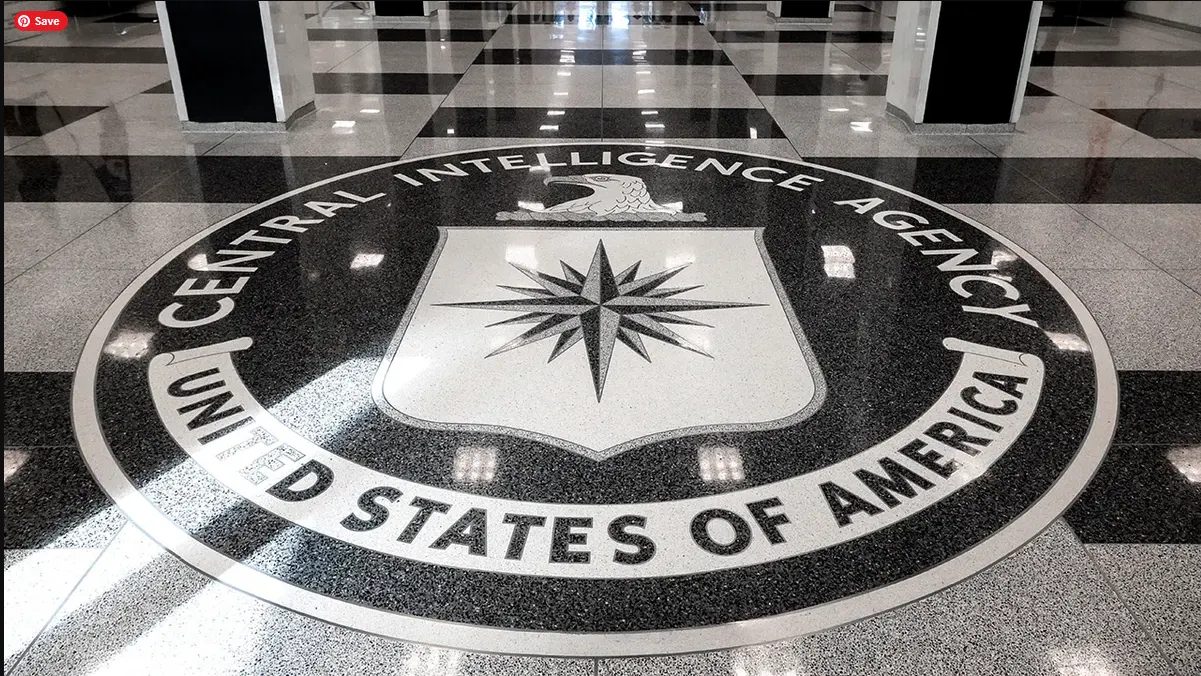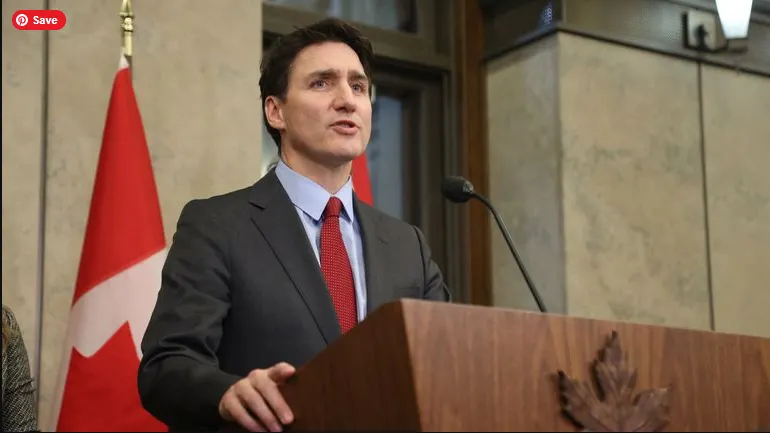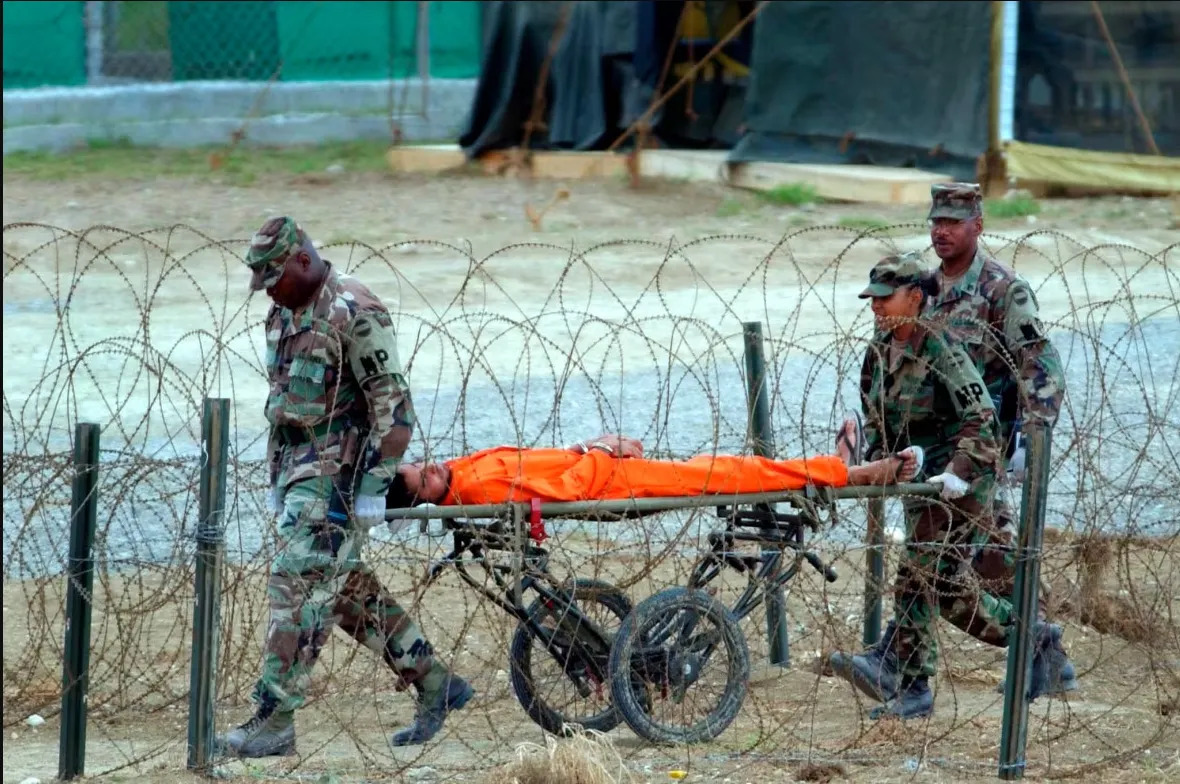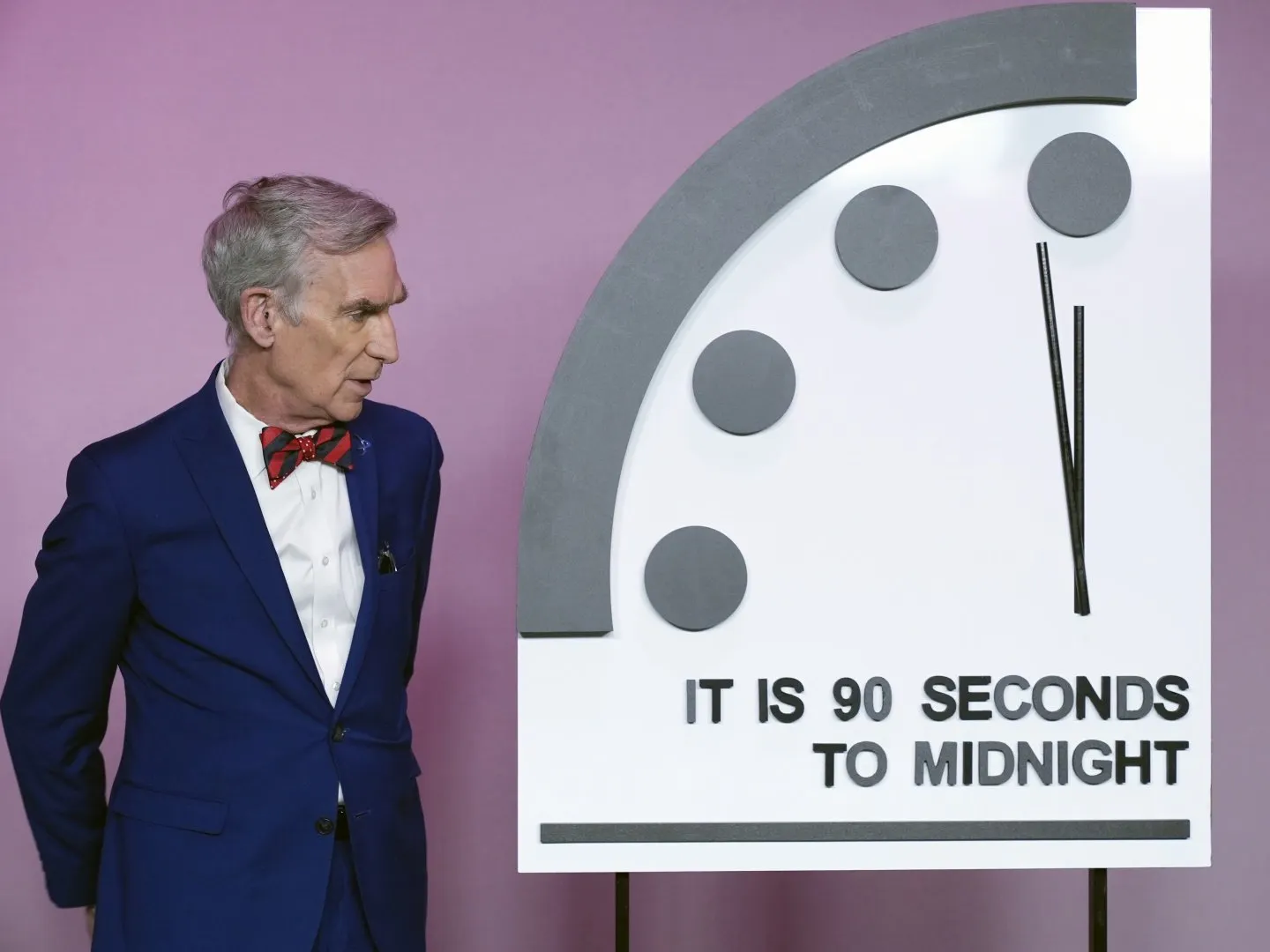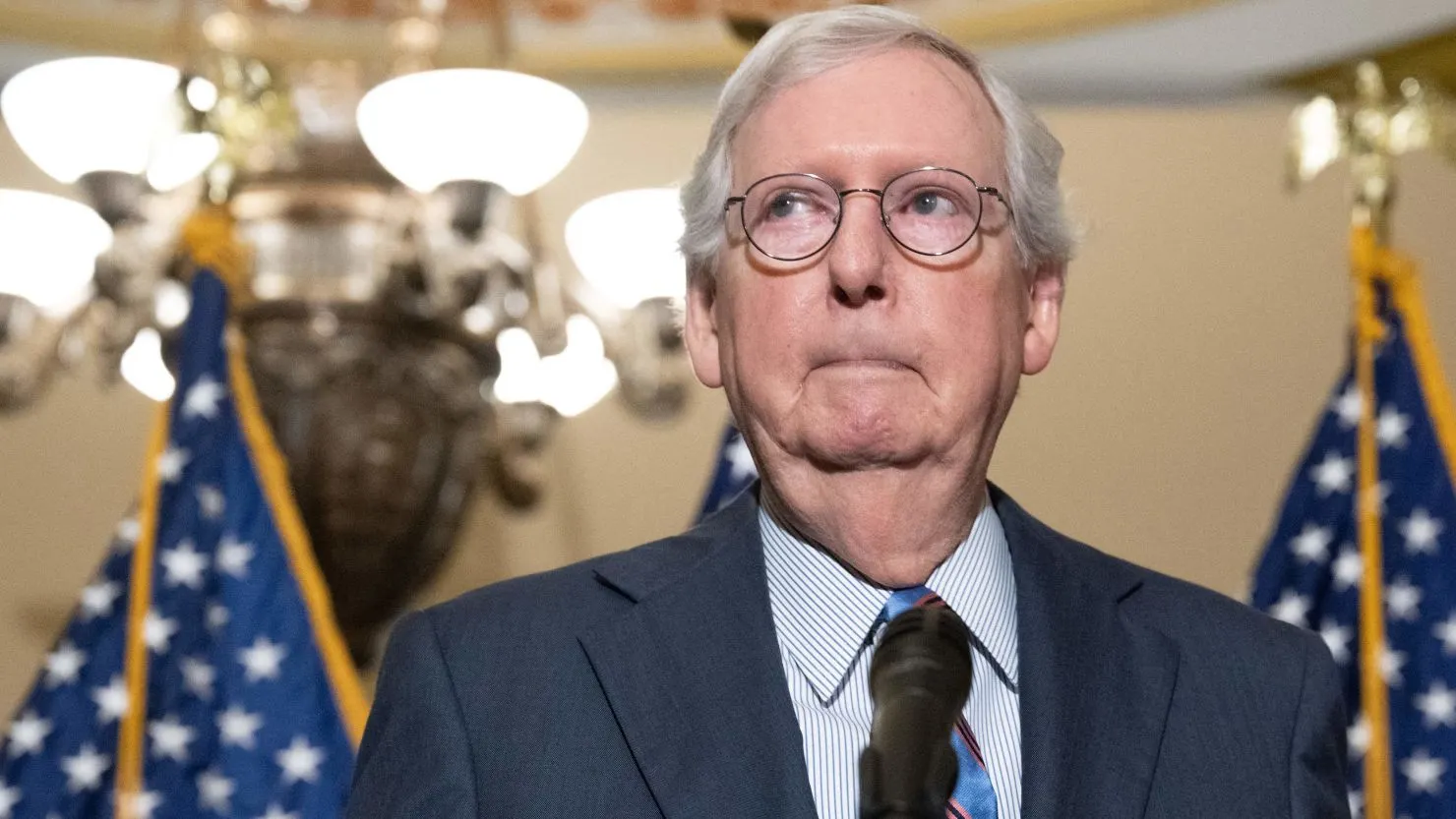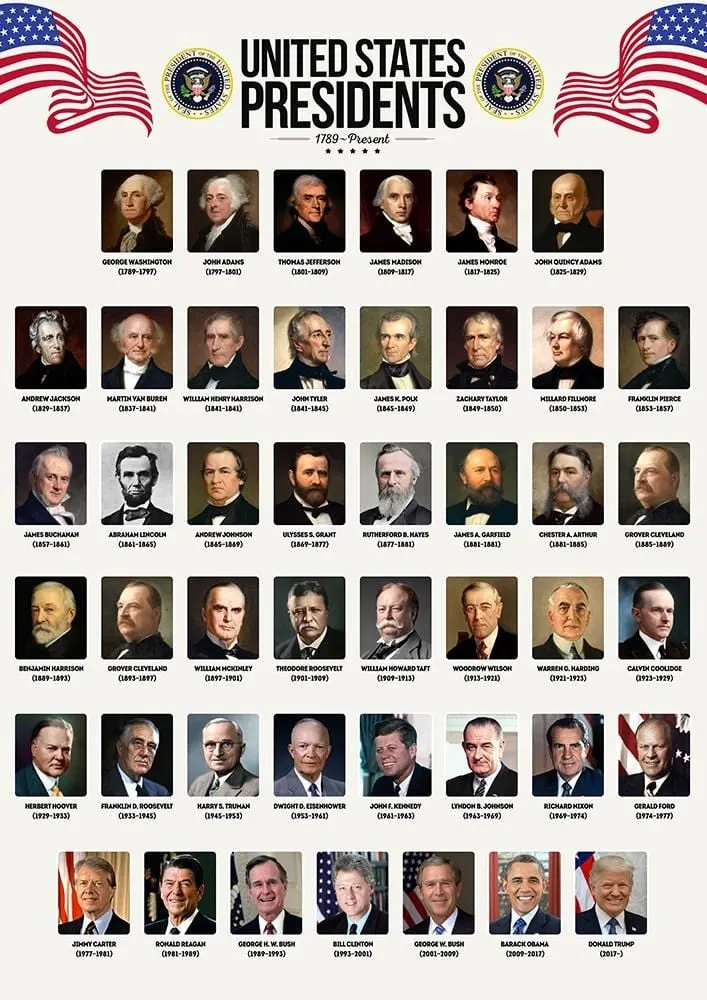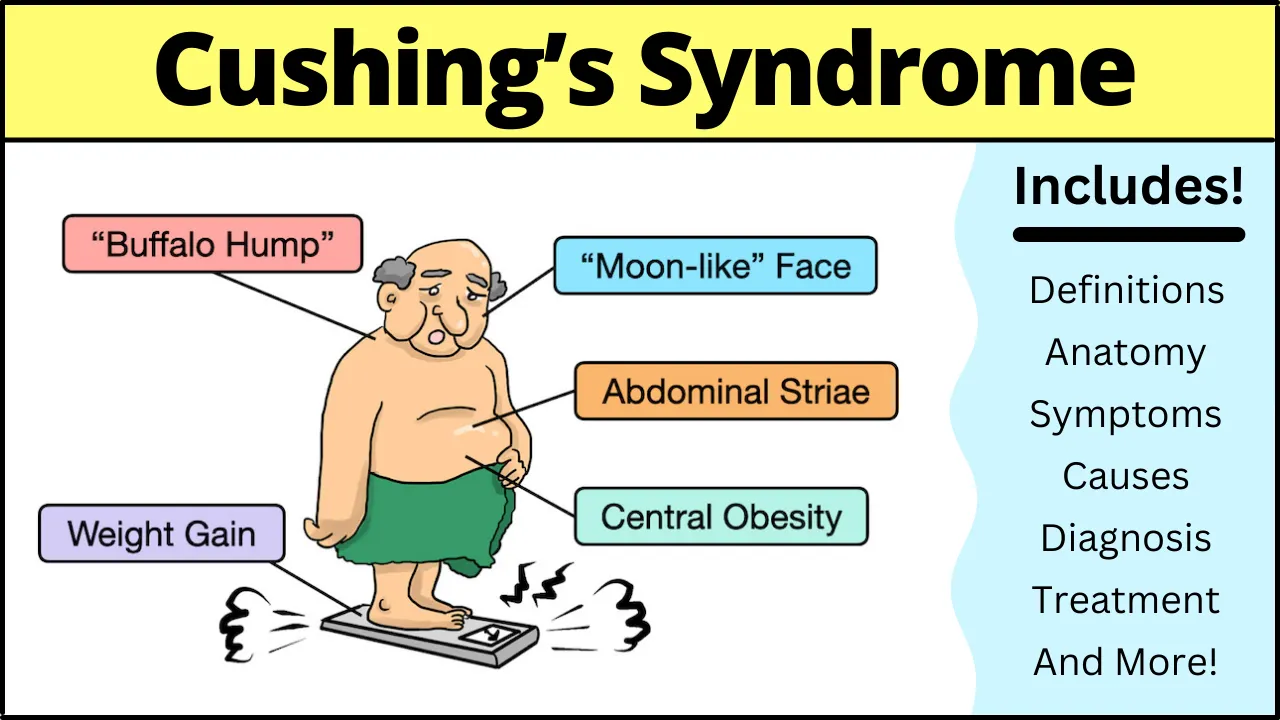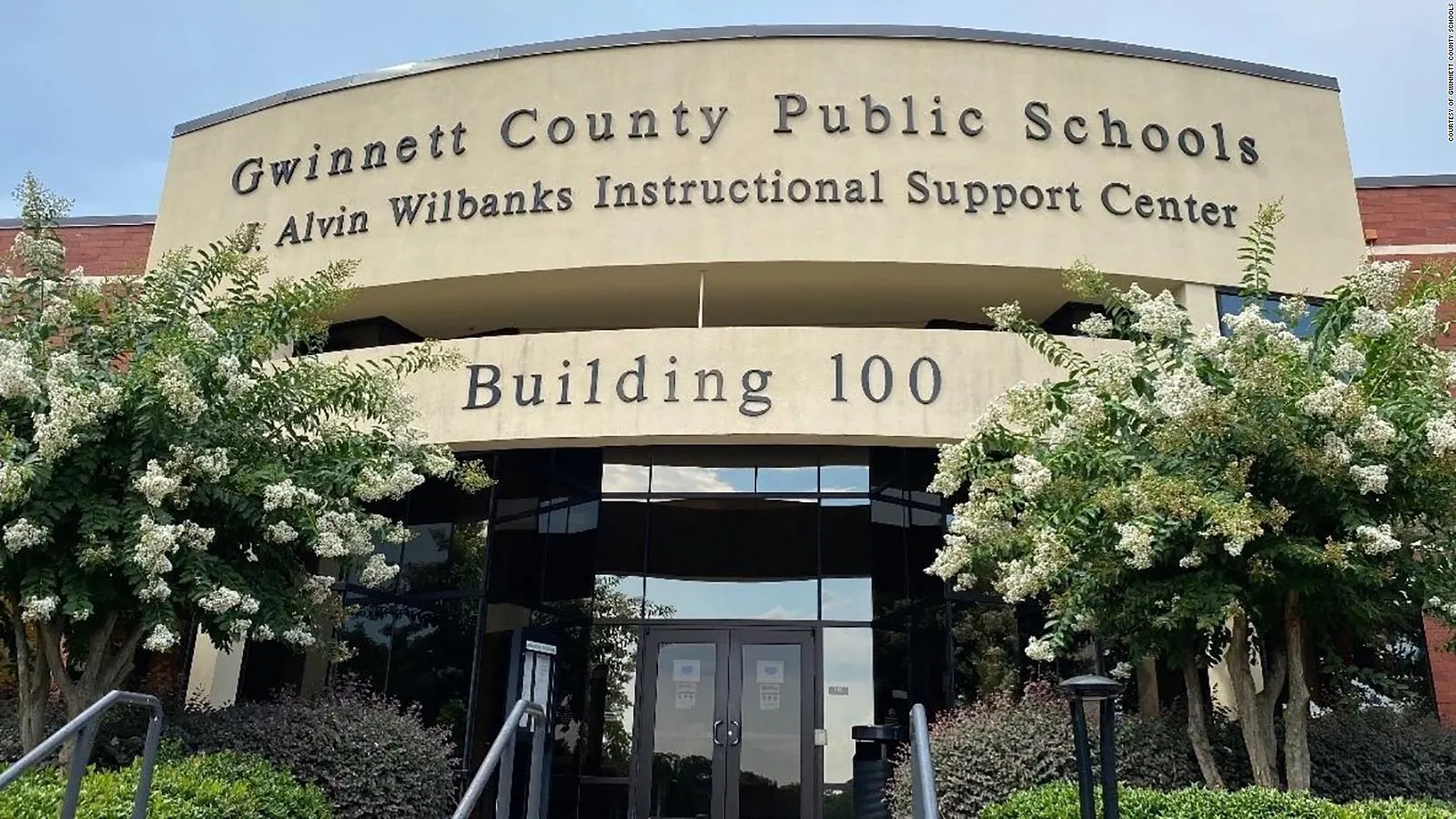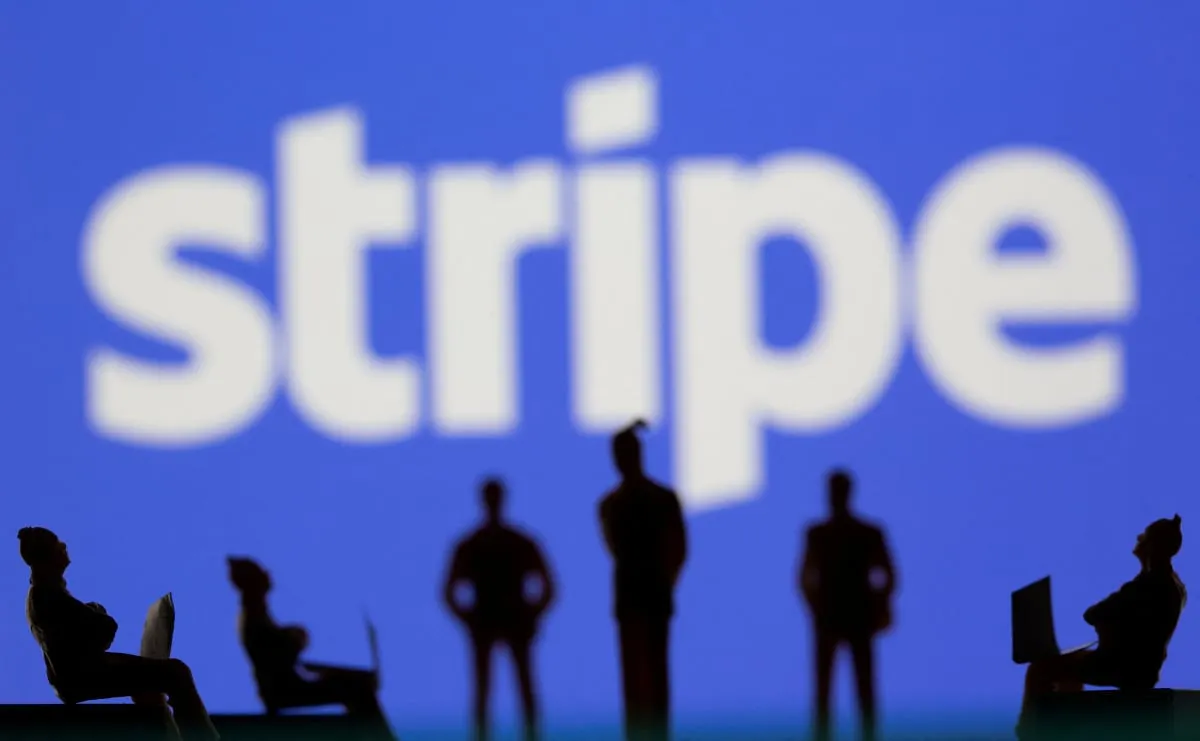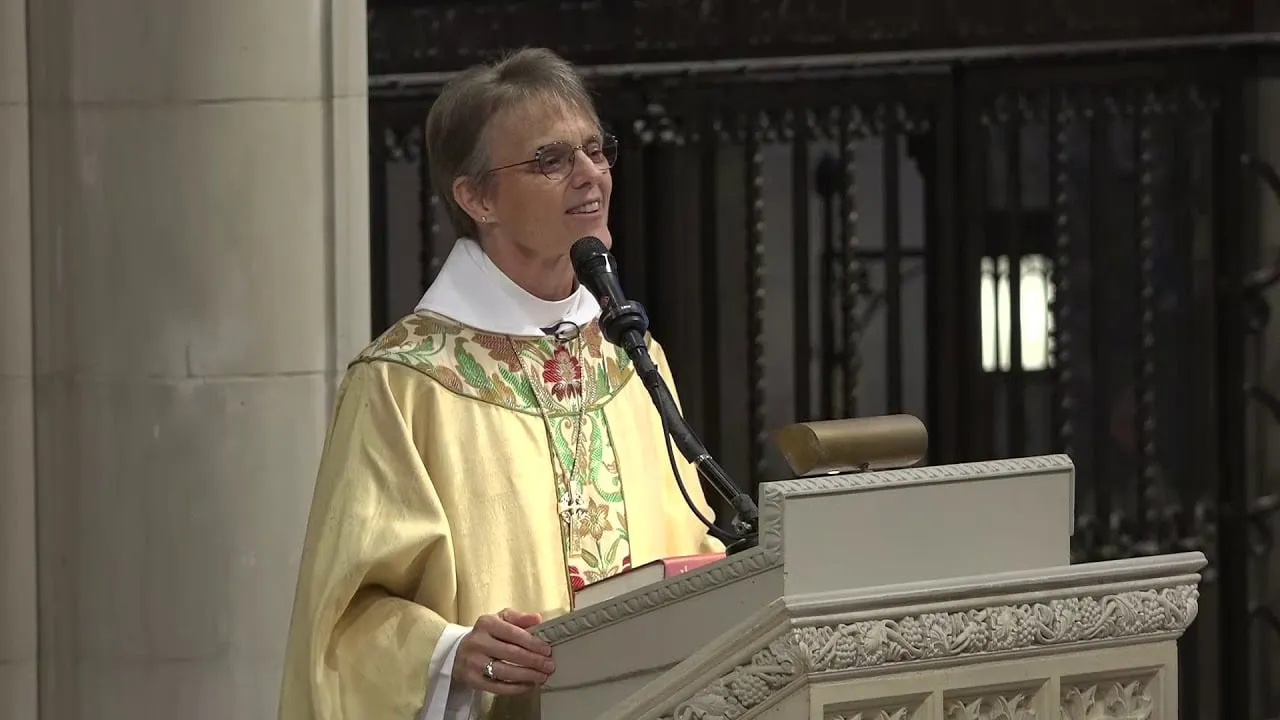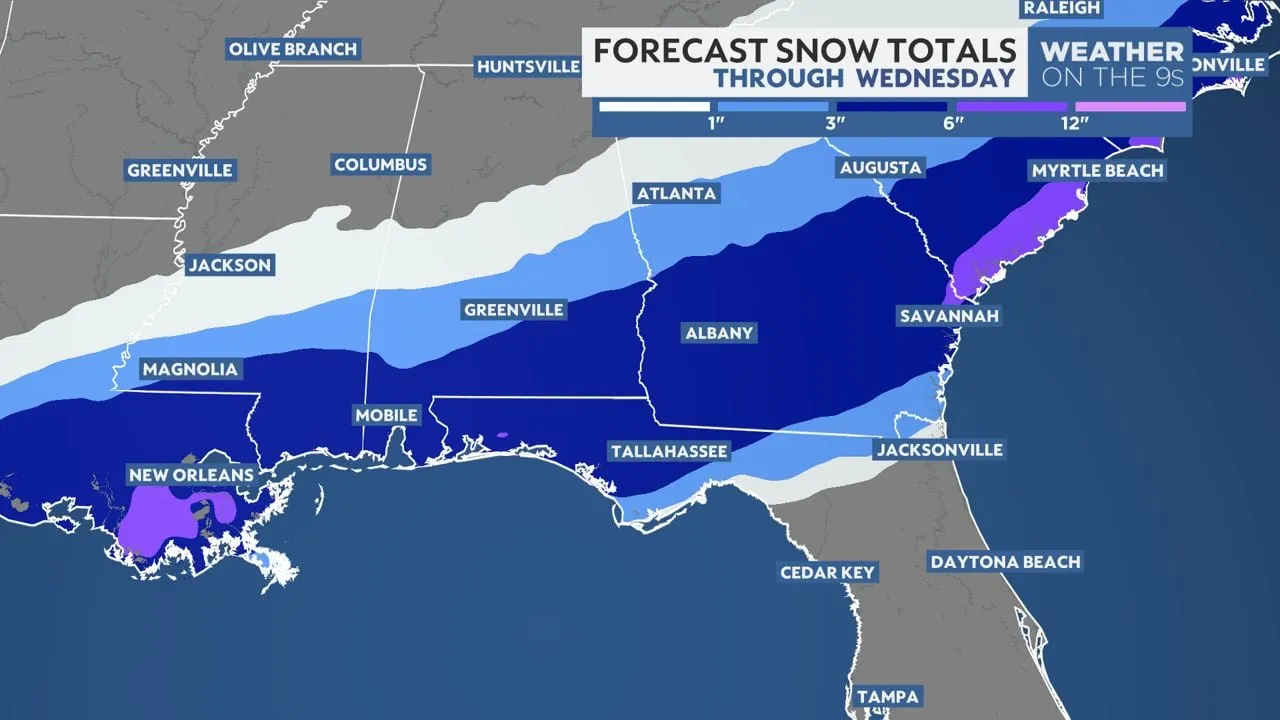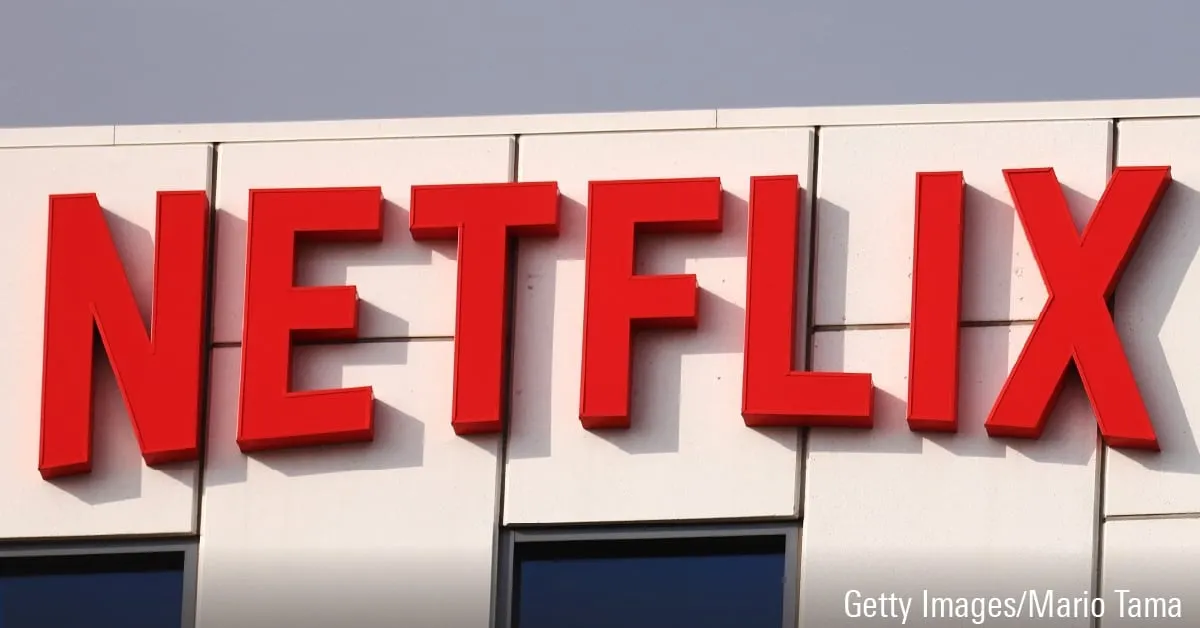Federal Funding Freeze 2025: Impacts on Medicaid, FAFSA, and Federal Aid Programs
The federal funding freeze announced by the Trump administration in January 2025 has sparked widespread concern and confusion across the United States. This sweeping executive order, temporarily blocked by a federal judge, aims to pause federal grants, loans, and other financial assistance programs for a comprehensive review. While the administration defends the move as a measure to ensure fiscal responsibility, critics argue it could disrupt essential services and harm vulnerable populations. This article delves into the key aspects of the funding freeze, its implications, and the ongoing legal and political battles.
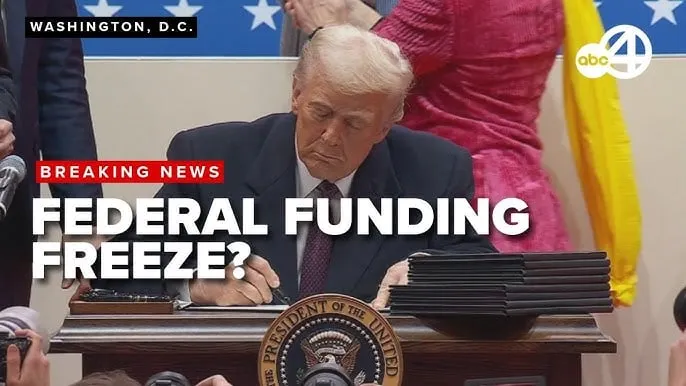
What is the Federal Funding Freeze?
The federal funding freeze, initiated by the Trump administration, is a temporary halt on federal grants, loans, and financial assistance programs. According to the Office of Management and Budget (OMB), the freeze is intended to review federal spending and align it with the administration's priorities, including reducing "woke" initiatives and ensuring fiscal responsibility. However, the lack of clarity in the OMB memo has led to widespread confusion about which programs are affected.
Key Programs and Their Status
1. Medicaid and Medicare
Medicaid, a critical program providing health coverage to low-income individuals, has been at the center of the controversy. Reports indicate that state Medicaid programs temporarily lost access to federal payment portals, causing panic among healthcare providers. While the administration claims Medicaid and Medicare are exempt from the freeze, technical issues have disrupted operations.
2. FAFSA and Federal Student Aid
The Department of Education clarified that federal student aid, including FAFSA, Pell Grants, and student loans, is not affected by the freeze. However, concerns remain about potential delays in disbursements and the broader impact on educational institutions relying on federal grants.
3. SNAP and Food Stamps
The Supplemental Nutrition Assistance Program (SNAP), commonly known as food stamps, is explicitly excluded from the freeze. Despite this assurance, advocacy groups warn that the uncertainty surrounding the freeze could create logistical challenges for beneficiaries.
4. Meals on Wheels and Senior Nutrition Programs
Programs like Meals on Wheels, which rely on federal funding to provide meals to seniors, face potential disruptions. The lack of clarity in the OMB memo has left local providers uncertain about their funding status, raising concerns about service continuity.
5. Housing Assistance and Section 8
The freeze has raised alarms among housing advocates, who fear that programs like Section 8 rental assistance could be indirectly affected. While the administration insists that direct aid to individuals is exempt, the broader implications for housing programs remain unclear.
6. Head Start and Early Childhood Education
Head Start, a program serving low-income children, has reported disruptions in accessing federal funds. The National Head Start Association has expressed concern about the potential impact on staff salaries and program operations.
Legal and Political Reactions
Judge Loren L. AliKhan's Ruling
A federal judge, Loren L. AliKhan, temporarily blocked the funding freeze, citing concerns about its legality and potential harm to communities. The ruling delays the implementation of the freeze until February 3, 2025, allowing time for further legal review.
Congressional Opposition
Democratic leaders, including Senate Minority Leader Chuck Schumer and Representative Rosa DeLauro, have criticized the freeze as an overreach of executive power. They argue that the administration is undermining Congress's authority over federal spending.
Advocacy Groups' Response
Nonprofit organizations and advocacy groups have filed lawsuits challenging the freeze. They warn that the pause could disrupt essential services, from cancer research to homelessness prevention, and jeopardize the well-being of millions of Americans.
Implications for Communities
Economic Impact
The freeze could have significant economic repercussions, particularly for low-income families and communities relying on federal aid. Delays in funding could lead to missed payrolls, evictions, and reduced access to healthcare and education.
Public Health Concerns
Disruptions in Medicaid funding and other health programs could exacerbate public health challenges, particularly in underserved areas. Advocacy groups warn that the freeze could lead to delays in critical medical services and increased health disparities.
Nonprofit Sector Challenges
Nonprofit organizations, which often rely on federal grants to provide services, face uncertainty about their funding. This could lead to staff layoffs, program closures, and reduced support for vulnerable populations.
The Broader Context: Project 2025 and Policy Shifts
The funding freeze is part of a broader agenda under Project 2025, which aims to reshape federal policies and reduce government spending. Critics argue that the initiative prioritizes ideological goals over the needs of everyday Americans, while supporters view it as a necessary step to curb wasteful spending.
What’s Next?
As the legal battle over the funding freeze unfolds, its long-term implications remain uncertain. Key questions include:
- Will the freeze be upheld in court?
- How will the administration address the technical issues affecting programs like Medicaid?
- What measures will be taken to mitigate the impact on vulnerable populations?
Conclusion
The federal funding freeze has ignited a national debate about the role of government, fiscal responsibility, and the impact of policy decisions on everyday Americans. While the administration defends the freeze as a necessary review of federal spending, critics warn of its potential to disrupt essential services and harm vulnerable communities. As the legal and political battles continue, the nation watches closely to see how this unprecedented move will shape the future of federal aid programs.
This article provides a detailed and accurate overview of the federal funding freeze, incorporating the latest news and insights from reliable sources.


